What can a plant whose nectar is bitter do to make pollinators return to visit its flowers and ensure its continued propagation? It can make them forget the taste of its nectar, according to a new Israeli study.
The nectar of nicotiana glauca – a species of wild tobacco known as ‘tree tobacco’ – is composed of a particularly bitter combination of nicotine and other substances, and yet sunbirds never stop visiting the plant. A study conducted at the University of Haifa points to the reason why: The mixture of chemicals in the nectar impairs the sunbird’s memory!
SEE ALSO: Wildlife Photographer Ofer Levy Wins International Acclaim With Awe-Inspiring Images Of Birds
Conducted by Dr. Shai Markman, the study reveals that even though its nectar’s bitter taste is likely to repel rather than attract pollinators, “in practice, the sunbird – the main pollinator of tree tobacco – never stops visiting the plant,” Markman said.
Does survival depend on sweetness?
The survival of some plants depends on their ability to attract pollinators drawn to the sweet nectar of their flowers. But some plants also need protection from grazing animals, which is achieved by the presence of bitter and toxic substances, like nicotine or caffeine, in their leaves. This mechanism is a double-edged sword, because the same substance that protects the plant’s leaves is also found in the nectar of its flowers, giving it a bitter taste – which may repel some of its pollinators.
Tree tobacco suffers from the same problem: its leaves are protected not only by nicotine but by anabasine, a substance more bitter and toxic than nicotine, and the two substances also trickle into the nectar of its flowers.
“An incentive to sample more and more flowers”
Sign up for our free weekly newsletter
SubscribeDespite the fact that consumption of low concentrations of nicotine for short periods of time is known to help focus attention and improve learning, this study shows that when it’s combined with anabasine, learning ability actually decreases, meaning the sunbirds forget they didn’t like the nectar.
Even better, the researchers estimate that it takes about half an hour for the mixture of nicotine and anabasine to influence the sunbirds. In other words, during the first half hour the birds can still learn that the nectar is bitter and avoid it, which means that they won’t consume enough of the mixture to impair their memory long-term.
“The sunbird is curious by nature, and it samples a large number of flowers in its vicinity,” Markman said. “The tree tobacco plant produces mixtures containing different proportions of anabasine and nicotine in each of the flowers in its clusters, so that in some of them the bitterness is much less pronounced, so much so that in some flowers the nectar may even be very sweet. In this way, the sunbird has an incentive to sample more and more flowers. It is also a mechanism that promotes pollination, not only increased consumption of the nectar mixture.”
According to Markman, the plant might not have undergone “a distinct process of evolutionary selection to produce bitter nectar, but because this ‘mistake’ may be advantageous to its reproduction – it results in the nectar remaining bitter, at least for now.”
SEE ALSO: The Truth About Bees And Their Love For Sweets
His research could have implications for future studies of crops, whose nectar contains substances which may affect the performance of pollinators and thereby affect crop yields.
Photos: Miwasatoshi, MDF, Melissa Askew, corina ardeleanu
Related posts

Resilient And Nutritious New Plant-Based Milk Aims To Make A Splash

Chocolate From Cultivated Cocoa Comes Without Environmental Toll

Plastic Fantastic: Startup Takes PVC Back To Its Crude Oil Roots


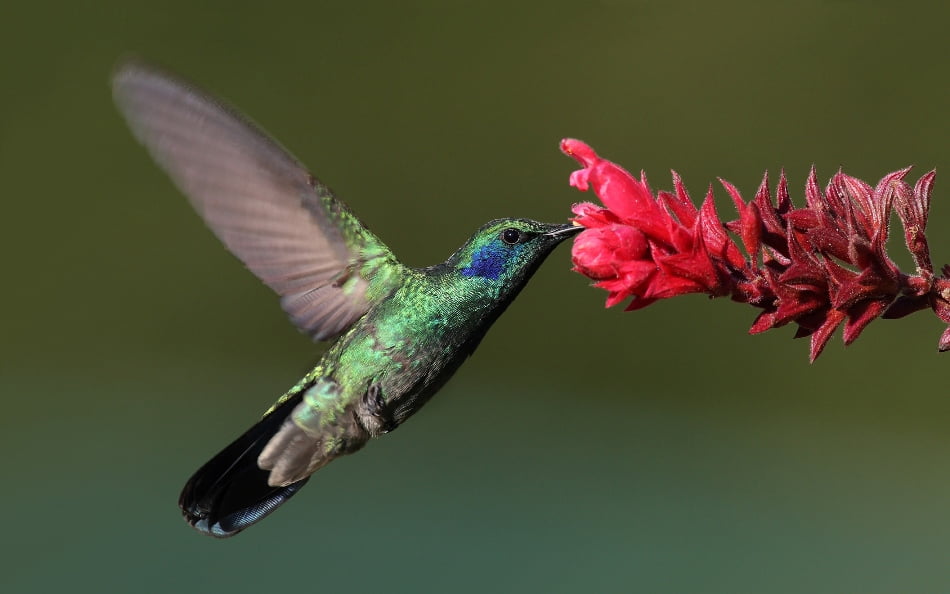
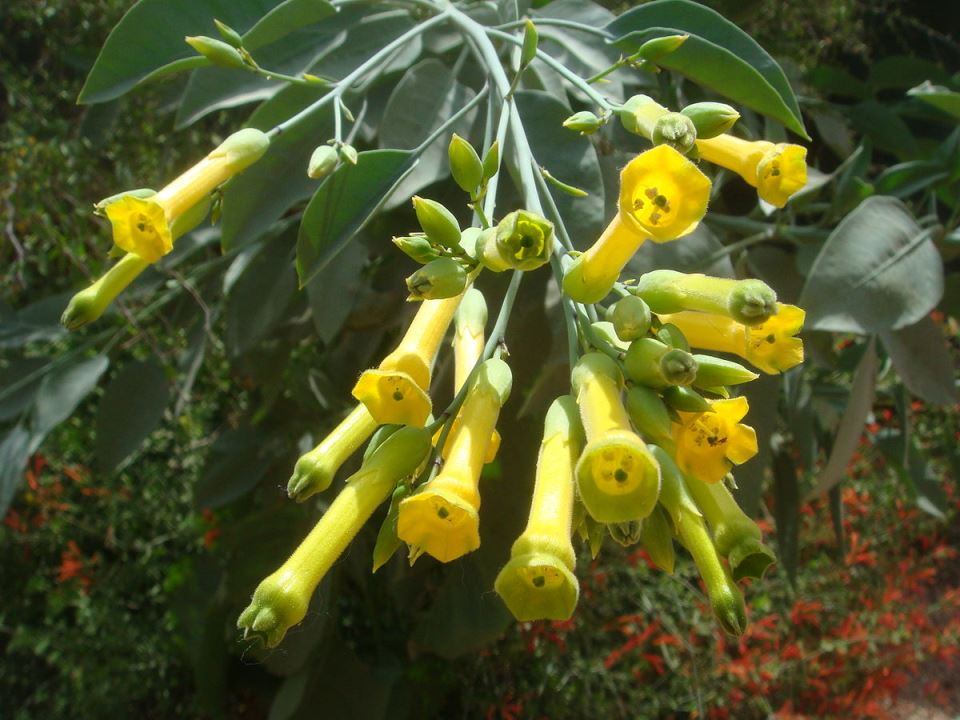
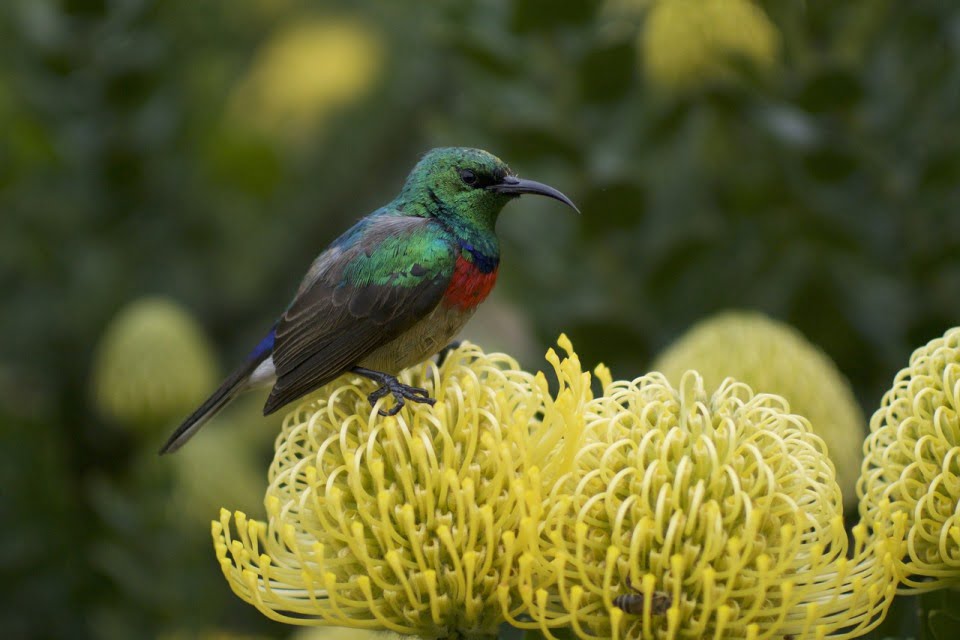
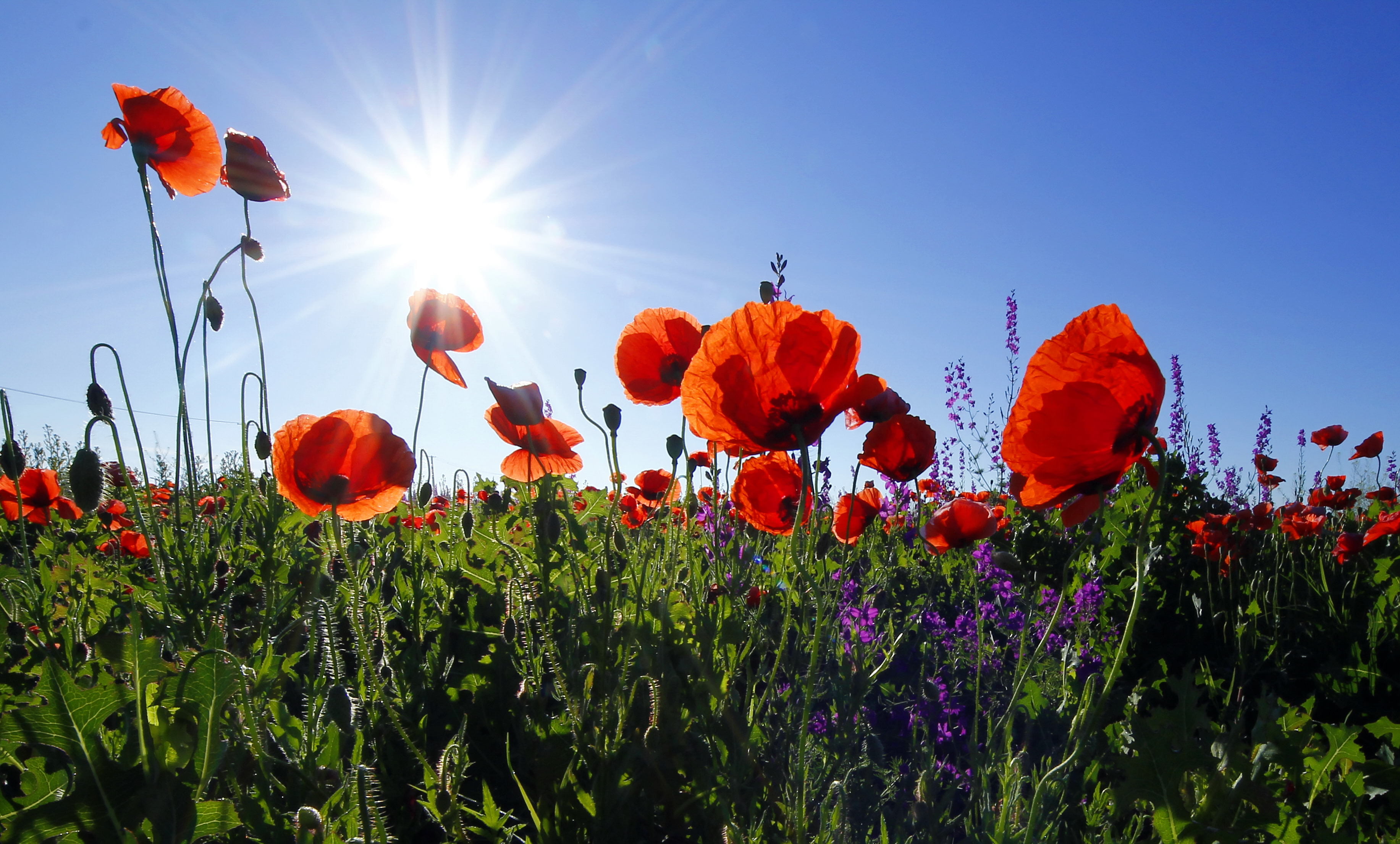
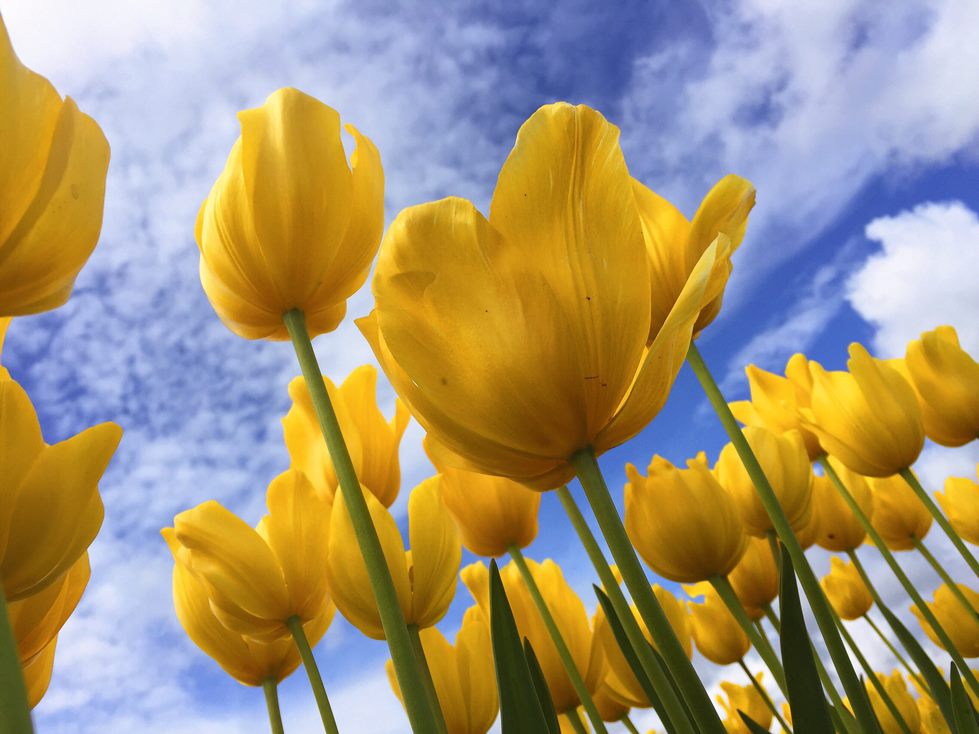

Facebook comments